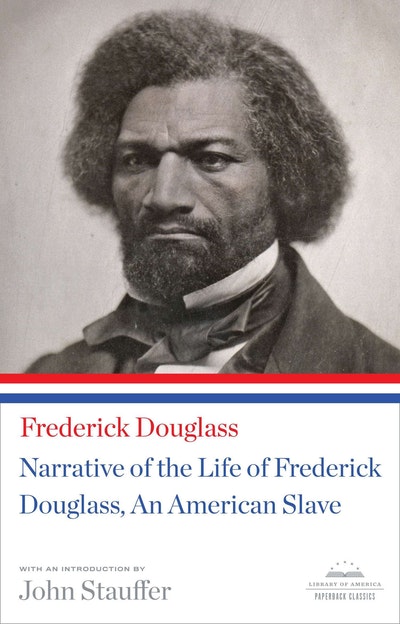

However, Madison Washington became a hero to many abolitionists, including Douglass. Many Americans responded to the incident by debating whether the United States should have been more aggressive in approaching Britain. The United States government did not object. The British refused to return the slaves to their owners, and they remained in Nassau as free people. A slave with the name of Madison Washington escaped his irons and, together with 18 other slaves, took over the ship and sailed it to the British port of Nassau in the Bahamas. The Creole had sailed from Richmond with a cargo of 134 slaves to be sold in New Orleans. It is based upon a historical incident: the slave mutiny in November,1841 on the American ship, Creole. "The Heroic Slave" (18530 is among the first works of fiction by an African American. Douglass's novel, in fact an extended short story, is available in this new, inexpensive edition as well as in anthologies of his writings. I was pleased to have the opportunity to find the book and to discuss it here. I learned of it in reading about Douglass. 1895.Īlthough he is best-known for his autobiographies, the great abolitionist and African American leader Frederick Douglass (1818 - 1895) also wrote an important novel. His District of Columbia home is a national historic site. marshal of the District of Columbia in 1877, and was later appointed minister resident and consul-general to Haiti. He was nominated for vice-president by the Equal Rights Party to run with Victoria Woodhull as presidential candidate in 1872. In 1870 Douglass launched The New National Era out of Washington, D.C. Douglass and Stanton remained lifelong friends. As a signer of the Declaration of Sentiments, Douglass also promoted woman suffrage in his North Star. Douglass was the only man to speak in favor of Elizabeth Cady Stanton's controversial plank of woman suffrage at the first women's rights convention in Seneca Falls, New York, in 1848. Delany to publish a weekly anti-slavery newspaper, North Star. In 1847 he moved to Rochester, New York, and started working with fellow abolitionist Martin R. His first of three autobiographies, The Narrative of the Life of Frederick Douglass: An American Slave, was published in 1845. Douglass traveled widely, and often perilously, to lecture against slavery. Having escaped from slavery at age 20, he took the name Frederick Douglass for himself and became an advocate of abolition.

After his escape from slavery, Douglass became a renowned abolitionist, editor and feminist.

Frederick Douglass (né Frederick Augustus Washington Bailey) was born a slave in the state of Maryland in 1818.


 0 kommentar(er)
0 kommentar(er)
